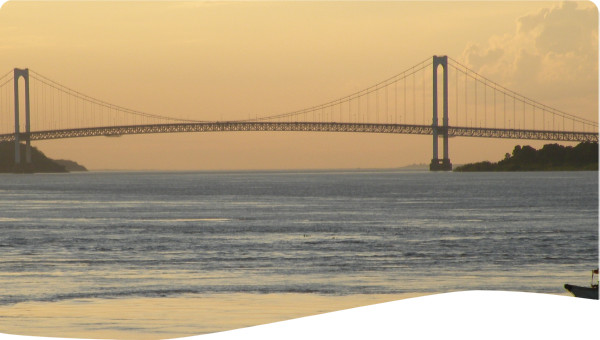Hydropower projects on transboundary rivers (or transboundary hydropower projects) can result in a multitude of benefits. These benefits are illustrated through examples such as the way in which Canada and the United States of America share the Columbia River, or Guinea, Mali, Mauritania, and Senegal share the Senegal River. However, the development of hydropower may also result in negative externalities to both communities and the environment. Weighing both the benefits and costs of hydropower developments on transboundary waters needs careful consideration on the basis of international law. Any benefits must be equitably shared, and any impacts carefully assessed, and where possible mitigated or avoided.
The purpose of this checklist is to help those involved in hydropower projects navigate through the various laws, policies, and standards that might apply to a project situated on a transboundary river. The checklist is a tool by which users can quickly ascertain which laws, policies, and standards may apply, and consider the relationship between those different laws, policies, and standards.
 Resource -
Resource -
